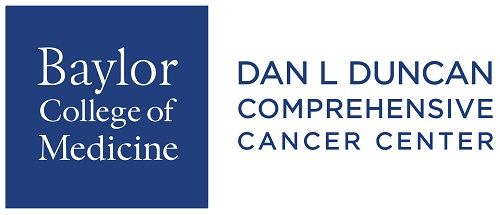
Largest Study of Prostate Cancer in African American Men Recruiting Participants

The group of researchers is conducting the largest African-American prostate cancer study ever, aiming to include 10,000 men nationwide.
When it comes to African-American men and prostate cancer, the statistics are alarming. One in six African-American men will be diagnosed with the disease, and they are twice as likely as white men to die of prostate cancer. Their cancer is more aggressive, and it starts at a much younger age than any other group. Researchers at Baylor College of Medicine are joining with research institutions across the country to find out why.
The group is conducting the largest African-American prostate cancer study ever, aiming to include 10,000 men nationwide. Researchers at the Dan L Duncan Comprehensive Cancer Center at Baylor will focus on the Texas population, with a goal to recruit every African-American man diagnosed with prostate cancer since 2015.
The RESPOND study will examine the impact of social stressors, such as discrimination, socio-economic status, education, home life and location, and early life events, as well as genetic and biological factors, in the development and progression of prostate cancer in African-American men. Participation in this study will help develop better treatments, catch aggressive cancer before it grows and spreads, and potentially save lives.
"The results of this landmark study will allow us to better understand the disparities in incidence and mortality of prostate cancer in African-American men," said Dr. Melissa Bondy, professor of epidemiology and population sciences and associate director of cancer prevention and population sciences in the Dan L Duncan Comprehensive Cancer Center at Baylor.
September is Prostate Cancer Awareness Month, a time to remind men to get screened and to learn more about the risk factors of this disease. Prostate cancer can run in families. According to the American Cancer Society, a man whose father or brother has prostate cancer has double the risk of getting the disease. Charles Amos, a survivor and study participant, said he encourages other survivors to join the study to benefit future generations.
"I know a study going on right now can't prevent me from having prostate cancer," Amos said. "But I think studies like this would help in the treatment, if not prevention, of my son and my grandsons from having it."
Amos also is the president of Tex Us Too, a prostate cancer support group that helps patients and their families cope with the disease. He said he knows African-American men are less likely to discuss their health and participate in studies. But he said their participation is important in order to further research on the disease.
"I've come to understand that if someone else had not taken part in some study, then cures, preventions and treatments would not be as far along as they are if someone had not volunteered to do it," Amos said.
The study includes completing a survey, providing a saliva sample and allowing permission for researchers to access stored prostate tissue samples. Participants will be compensated up to $50 for taking part in the study.
African-American men in Texas who were first diagnosed with prostate cancer in the United States on Jan. 1, 2015, or later qualify for the study. For more information or to take part, call 713-798-8270, email respondtx@bcm.edu or visit respondstudy.org.
This study is funded by the National Cancer Institute, the National Institute on Minority Health and Health Disparities and the Prostate Cancer Foundation. Data collection will also take place in these locations:
- California: University of Southern California (coordinating center), University of California, San Francisco, Public Health Institute
- Florida: Moffitt Cancer Center
- Georgia: Emory University
- Louisiana: Louisiana State University Health Sciences Center
- Maryland: Johns Hopkins University
- Michigan (Detroit metropolitan area): Wayne State University
- New Jersey: New Jersey Department of Health, Rutgers University
- Texas: Baylor College of Medicine






































